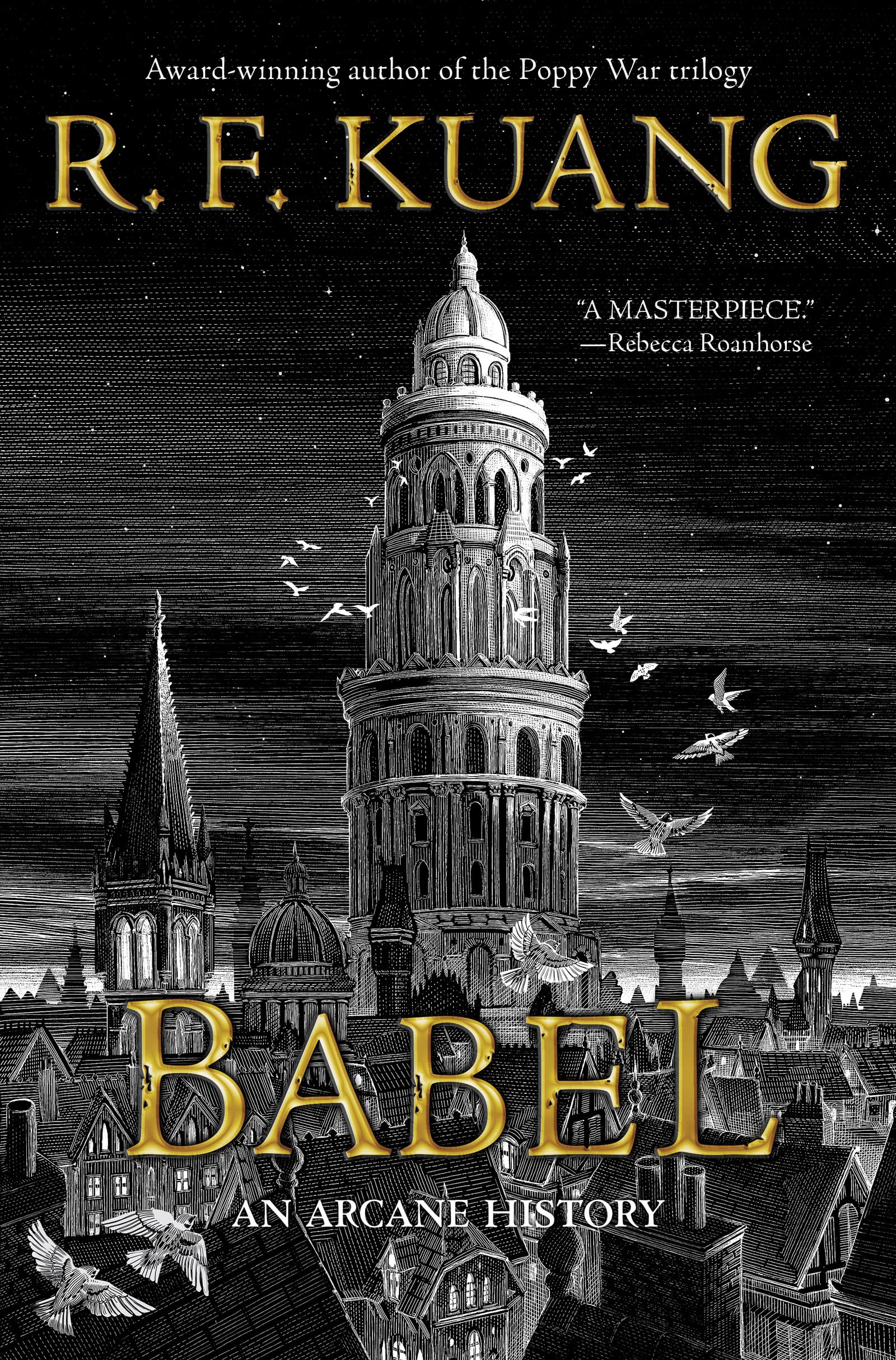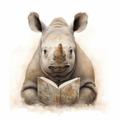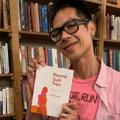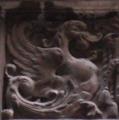always something different with this author
Took me a while to get through the first three hundred pages, but then it really gets moving. This is not a complaint, just saying it didn't pull me in like the the Poppy War trilogy or Yellowface. I will venture that the author doesn't write male characters as well as the protagonists (or anti-heroes, depending how you read them) of her other books, but I like to see authors stretch and this is I think is a more ambitious work, almost a treatise on linguistics (kind of show-offy in a Neal Stephenson way, shades of Cryptonomicon but without the Asian stereotypes).
While there is a big Chinese allegorical alternate history element here too as with the Poppy Wars, this is more about British colonial history (a sort of love letter to her alma mater Oxford). Some readers may feel bludgeoned in an enough-already way about all the racism, that's …
Took me a while to get through the first three hundred pages, but then it really gets moving. This is not a complaint, just saying it didn't pull me in like the the Poppy War trilogy or Yellowface. I will venture that the author doesn't write male characters as well as the protagonists (or anti-heroes, depending how you read them) of her other books, but I like to see authors stretch and this is I think is a more ambitious work, almost a treatise on linguistics (kind of show-offy in a Neal Stephenson way, shades of Cryptonomicon but without the Asian stereotypes).
While there is a big Chinese allegorical alternate history element here too as with the Poppy Wars, this is more about British colonial history (a sort of love letter to her alma mater Oxford). Some readers may feel bludgeoned in an enough-already way about all the racism, that's the point, this happened (happens), stop whining like you're the real victim, enjoy your buttered scones.










